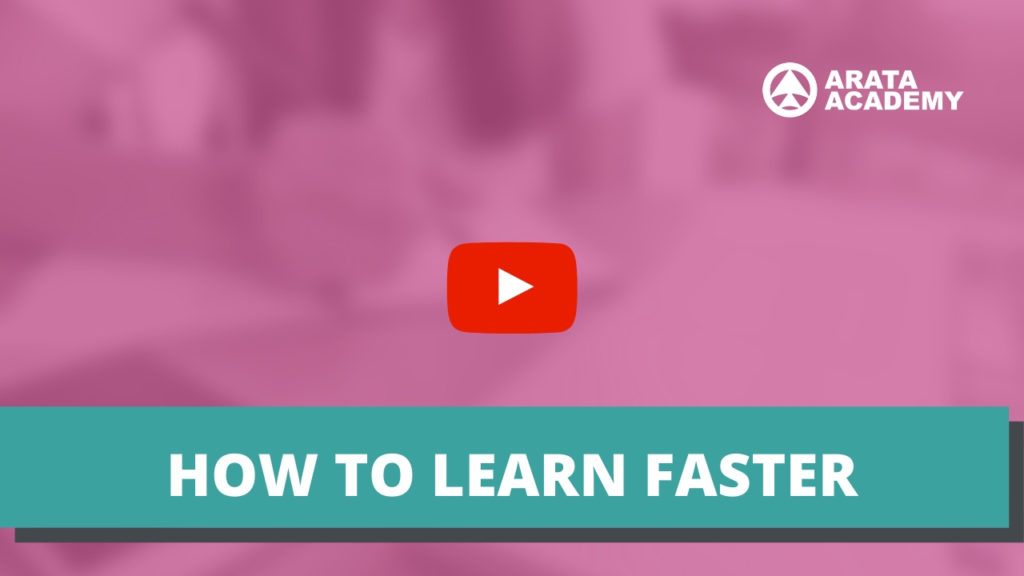Hello! Seiiti Arata. If you are one of the few parents who are genuinely interested in following your children’s academic progress, if you really want to make a difference in your children’s education in for them to rank above what’s average, here’s a tip: give less importance to the grade that they are getting in a test.
1. A grade doesn’t say much
Generally (and unfortunately), a grade that your son got in a test only indicates his ability to use his short-term memory to quickly memorize some questions a few hours before the examination.
When we are asking our children the grade they got, we are just checking if they are able to manipulate the system and temporarily memorize the answers.
A test’s grade is not a reliable indicator when you want to know if something was actually learned. That is why many students who got great results in school cannot pass the Secondary or the Entrance Examinations. That’s because these are lengthier and it’s practically impossible to use short-term memory to decorate some answers without actually understanding what you are doing.
2. A good school assesses what was learned
Good schools deeply care about what is learned. So the tests are used as a way to give the student an additional incentive to keep studying and reviewing what was taught, as this is the proper way to learn. Some schools use daily tests in different subjects – this gives the teacher additional work, as he/she will need more time to correct the tests, but this is the type of test which actually helps the learning process.
However, in schools that don’t care about what is learned, the test is a big make-believe. It is only used in special weeks and you even have teachers who will reveal the questions beforehand. They keep saying “guys, pay attention because this will be included in the test!” and that’s the only way that they can get their students’ respect, who briefly pay attention to him, and then they memorize the answers, complete the test and forget everything right after. Their parents get all happy with the results and everyone just pretends that something was actually learned. Until the disappointment comes with the entrance exam.
3. Studying should be the focus, not the test
Here in the Hello! Seiiti Arata series we used several recent episodes to approach the importance of this technique. If you are not a subscriber of our channel yet, type http://arata.se/yteng in your browser to be notified whenever we have new videos.
What we have seen so far is that a test’s grade is the end product. And that we don’t want to put our focus on the result, but rather on the daily practice which represents the real study.
In public schools, a grade is what will determine the school’s level of success when it’s time for the government to assess its performance. The students’ grades have an influence on the school’s reputation and on its future state resources and benefits. And, in private schools, a good grade represents happy parents who are willing to keep paying the monthly fees. In both situations, a good grade does not properly represent what was truly learned and acknowledged.
4. A grade does not represent the student’s current or potential ability
At the end of the day, grades can even influence one’s sense of self-worth. The belief that there are good, average and poor students based on grades and marks can even encourage cheating, which is the biggest sign that it’s worth doing so, in order to get the final result.
What type of life lesson is the student learning when he’s cheating? How many students achieve great results, but at the end of the day they don’t learn anything useful at all?
5. Learn how the brain works when it’s learning
Our brain stores information in short and long-term memories. When you are studying the day before the test you are using the short-term memory. That’s even worse when the teachers have already told the questions beforehand. And then the students feel entitled to ask “Teacher, what you’re saying right now, will you ask about that on the test?” – i.e., they will not learn, or memorize actually, anything which will be excluded from the test. It’s just not worth it.
Wanting to know what’s going to be included is a sign that the student is just not interested in putting the effort beyond the minimum required. The only thing that matters is the final number. The student goes to school to get the score, because that’s what the parents ask about: “What was your grade?”
When I was a student, I remember that some friends of mine used to get angry if they studied way more than what was needed. I also felt in my adult life: when I studied for the master’s admission test, I had to read twenty different books, and they only asked about a subject of one of those. I felt a bit outraged because I put much more effort than what ended up being necessary. This is the mindset of those who only see the number and not what is actually learned.
6. Contribute to a real learning process
When parents actually want to help the studying process, they can contribute by making sure that the pupil is always studying, regardless if there is a test ahead.
Remember this wise saying:
I hear and I forget. I see and I remember. I do and I understand.
Studying in a passive manner, by just hearing or seeing, is useless. Doing is what’s going to make the difference. When we are doing something, our brain is in active mode. We need to connect the dots, we need to think and make good choices. Reading can help you to apprehend something, but it’s not going to give you a real learning process.
An additional tip: underlining excerpts from a book is worthless as well. You need to write with pencil and paper, using your own words. That is why I’m always asking you to have pencil and paper and do your own annotations both here in the free YouTube videos and also within the member’s area for the students of the online courses of Arata Academy. If you did our How To Learn Faster course you already know what I’m talking about. In case you didn’t, check http://arata.se/howtolearn
As a matter of fact, I have got good news: for you, who are already attending the course, I’ve recorded a bonus video with additional tips. To access that bonus lesson, log in to the student’s website and click on the How To Learn Faster course. On the navigation bar, there’s a list with all the lessons, and you’ll see that we have posted a new bonus whose title is “Improve the study of your children”. If you meet any technical difficulties, get in touch with our support staff by using the official channel’s contact link http://arata.se/contact – please don’t ask anything here on YouTube because our staff only answers support requests that were sent through http://arata.se/contact
And if you aren’t registered in the course yet, then visit http://arata.se/howtolearn right now

